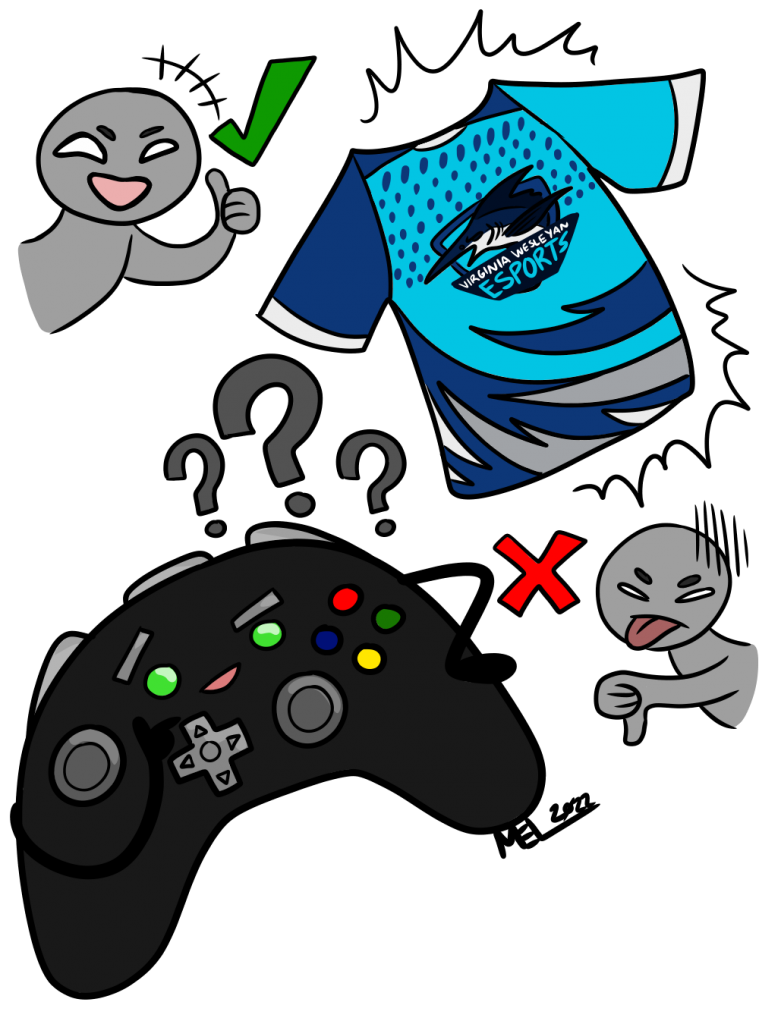Featured Image: Mel Lhuillier | Marlin Chronicle
The unacknowledged truth behind collegiate sports comes to light.
Physical punishments have been a common practice for athletic coaches since the creation of organized sports.
Running after a loss, pushups for mistakes, suicides for missing practice– these are all, but not the only, practices that coaches swear by to whip their athletes into “shape,” but some coaches take it too far.
This year alone, there have already been two instances in which coaches have abused the practice of physical punishments for athletes.
On Jan. 9, Concordia University Chicago had to cancel two basketball games after five players were hospitalized as a result of a strenuous workout, which was a punishment for curfew violations.
On Jan. 12, several football players in Texas were hospitalized after their coach forced them to do 400 pushups within an hour as a punishment.
Clearly these coaches and many others do not believe in the phrase “too far” when it comes to punishments. Their goal is to make the athlete feel the repercussions of their actions in the harshest way possible, but why does it have to be this way?
Simply being an athlete already takes a huge toll on the body. Athletes practice nearly every day with games in between those practices and maybe one rest day a week.
This alone can risk injury, so why do coaches feel the need to further the risk by adding physical punishments to this strenuous schedule. Why can’t coaches use game suspension as a punishment instead?
Athletes do not practice just to practice. They practice to play in the game; therefore, making them sit out for a game or two will be just as effective.
This is great for infractions such as missing practice, breaking curfew or anything along those lines; however, when it comes to things such as a loss, not meeting gameday goals, making a mistake in practice, and more, punishment should be out of the question.
I read an article written by John O’Sullivan from the organization Changing the Game Project, in which he made an interesting point about how silly it is for coaches to punish mistakes.
He said, “Would you do sit-ups for misspelling a word in class? Would an archer or golfer do push-ups for missing the target? Would a baseball player run laps for swinging and missing?”
There may be people who disagree with me and may think I am soft for having this opinion. Some people think that because they grew up with this type of coaching, everyone should be subjected to it because it is the right and only way to do things, but the fact of the matter is that it’s not.
We need to break this cycle of tradition. If you want your athletes to get better and meet gameday goals or reduce mistakes,even though mistakes are bound to happen no matter what, use practice time for drills that will achieve this. Just as Sullivan says, your motor skills will only get better through repetition.
If you want your athlete to understand the severity of their actions, make them sit out for a game or two because that is the reason why they play the sport, so when you take it away, it will deter the athlete from any future infractions. If it doesn’t, then that athlete is simply not fit to be on the team.
In my experience and the experience of many others, running only creates animosity towards the coach, risk injury and induce anxiety and stress.
Athletes are more than puppets in a coach’s scheme. It’s time that we start treating them as humans.
By Sydnee Washington
sawashington2@vwu.edu


